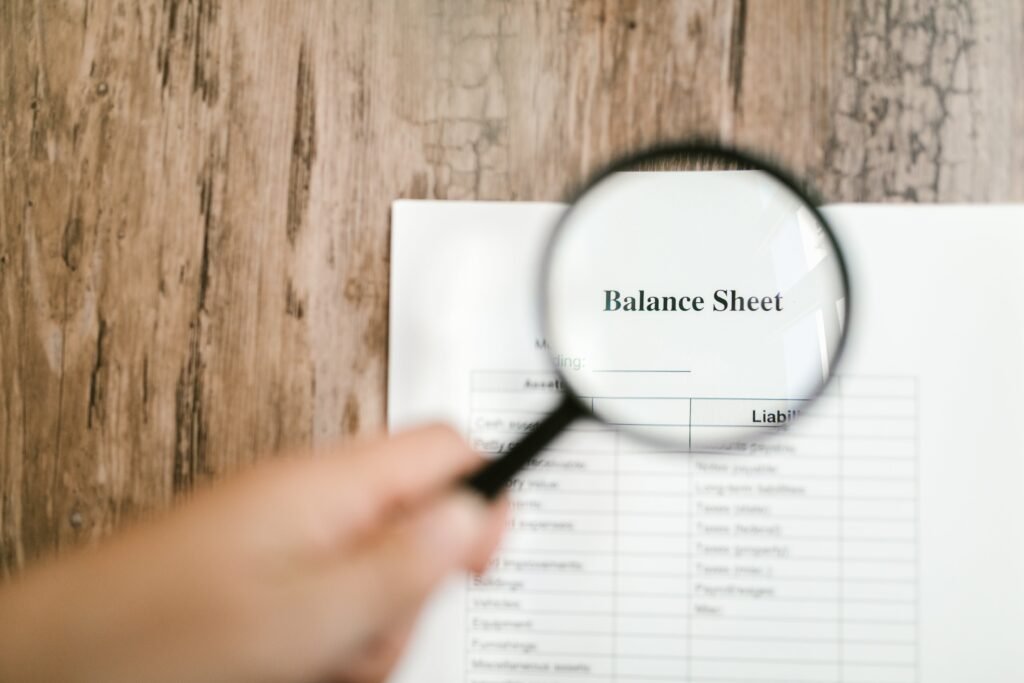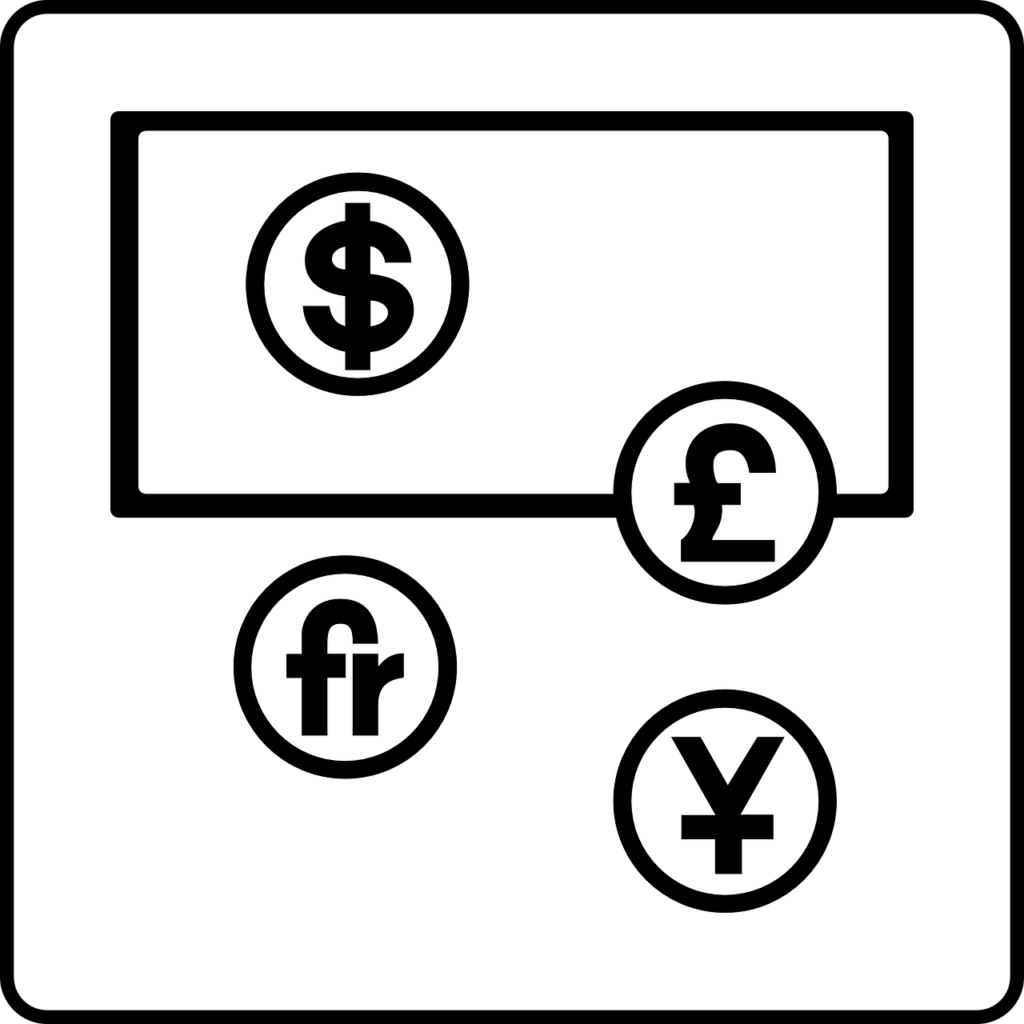Taking your finances seriously is essential for achieving financial success. By taking a proactive approach to your finances and being mindful of the risks associated with investing and saving, you can ensure your financial success.
Let’s take a look at how you can track every element of your personal finances that is either growing or diminishing your total Net asset value by creating a “Personal Balance Sheet”.
Table of Contents
What is a Balance Sheet?
A balance sheet is a financial statement that shows the assets, liabilities, and equity of a business or person at a particular point in time. It is important because it helps you better understand the financial position of a business or person, which can help you make wise financial decisions. In simple terms, a balance sheet is like a snapshot of a business or person’s financial situation at a certain point in time.
How to build your personal life Balance Sheet?
Here are a few steps to get started with your own balance sheet. I prefer to manage mine in an excel spreadsheet, but you are free to choose any tools of your choice (e.g. notepad, google spreadsheet, Notion, etc.)
- Analyze the current financial situation → Take time to understand your current financial situation and how it affects your balance sheet. Consider your assets, liabilities, and equity.
Assets — This includes cash and anything that can generate cash for you. e.g. Bank Deposits, Investments with cash flow, Apartments on rent.
Liabilities — This is basically anything that takes away cash from you or basically adds to expenses e.g. subscriptions, rent, mortgage, insurance, car loans, etc.
Equity — This can be considered anything other items that you own and has a tangible value e.g. your House.
2. Set financial goals → Make sure to set financial goals and objectives. This will help you plan and manage your balance sheet more effectively.
3. Track your expenses → Track your expenses on a monthly basis. Make sure to include all expenses, such as rent, utilities, and groceries.
4. Monitor cash flow → Make sure to monitor your cash flow. This will help you make sure you’re not spending more than you’re bringing in.
5. Create a budget → Create a budget and stick to it. This will help you manage your finances more effectively and will help you stay on track with your financial goals. A study says that people who write down their goals have a higher probability of reaching them compared to people who don’t.
Read more on budgeting and saving here -> Financial Freedom: Top 5 Ways to Save More and Achieve Money Mastery | THE PASSIVE MINDSET



